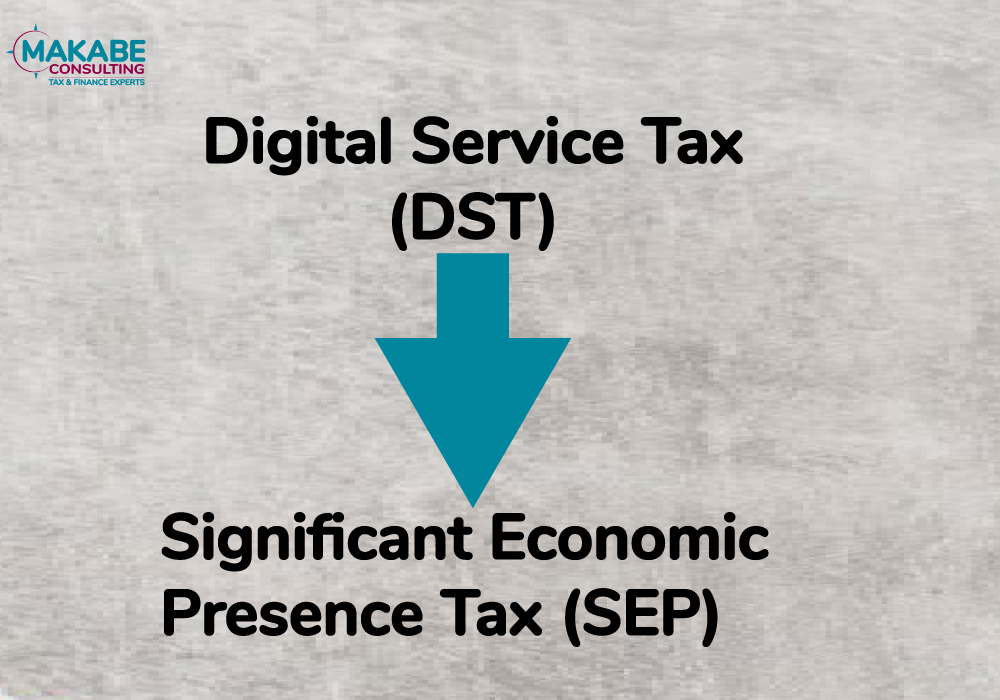
If your business earns revenue in Kenya through online services whether you run a digital business, provide streaming content, or offer other online services the government has introduced a new tax that affects you. The Significant Economic Presence (SEP) Tax has replaced the Digital Service Tax (DST) to ensure that all non-residents making money online from Kenyan users pay their fair share of taxes.
The SEP Tax applies to foreign companies and individuals who earn money in Kenya through digital platforms, even if they don’t have an office or employees in the country. Previously, the Digital Service Tax (DST) was charged at 1.5% of total transactions. Now, SEP Tax is set at 30% of a deemed profit rate of 10% of gross turnover, which effectively means a 3% tax on total earnings from Kenya.
✔The taxable income is calculated as 10% of the total revenue (gross turnover) earned in Kenya.
✔This taxable amount is then taxed at 30%, which effectively results in a 3% tax on total earnings from Kenyan sources.
✔Payment Deadline: Businesses must pay the tax by the 20th of the month after the service is provided.
Foreign companies offering services such as:
✔ Online shopping platforms
✔ Video and music streaming services
✔ Digital advertising platforms
✔ Other internet-based services generating revenue from Kenya
Who is Exempt?
✔Businesses with annual revenues under KES 5 million from Kenya.
✔Companies already paying tax through a physical office in Kenya.
✔Telecommunication services and some types of satellite or cable transmissions are excluded.
✔Digital services to government-owned airlines (if the government owns at least 45%).
✔Small businesses and individuals earning below the KES 5 million threshold.
Fines for Non-Compliance
It's crucial to meet the tax requirements. If you fail to file or pay on time, you could face penalties, including a 5% fine on the tax due for missed filings or payments, plus interest of 1% per month. So, it's better to stay on top of your tax obligations.
Global Context: SEP Tax in Other Countries
Kenya isn’t the only country introducing SEP taxes. Countries like India, Indonesia, and Italy have already implemented similar taxes to ensure that foreign digital businesses contributing to their economies pay their fair share. This means that even if you don’t have a physical presence in Kenya, if your business engages with the local market, you may need to pay SEP Tax—just like in other countries.
Implications for Businesses:
Keeping up with tax changes helps businesses avoid unexpected costs and ensures smooth operations. If you're unsure how SEP Tax applies to your business, now is the time to seek expert advice. Understanding your tax obligations early can help you stay compliant and avoid penalties. Consider consulting a tax professional to ensure your business meets all requirements with ease.
© Copyright Makabe Consulting